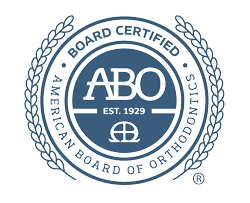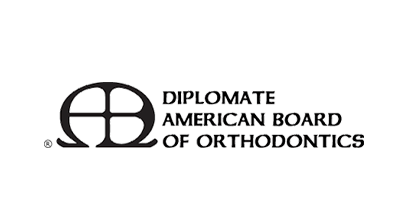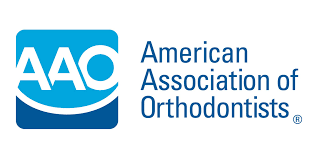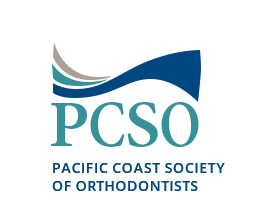 An orthodontist can help to tackle any orthodontic issues your child develops as their teeth erupt. The American Association of Orthodontists advises parents to take their children for their first bite evaluation by the time they reach seven. At this stage, their teeth and jaw should be developed enough to spot orthodontic issues.
An orthodontist can help to tackle any orthodontic issues your child develops as their teeth erupt. The American Association of Orthodontists advises parents to take their children for their first bite evaluation by the time they reach seven. At this stage, their teeth and jaw should be developed enough to spot orthodontic issues.
Detecting and treating orthodontic issues early on often leads to shorter treatment times and lower risks of complications. A child’s facial structures and jaw are still developing at that point, making it easier to influence their development with orthodontic appliances like expanders.
What an orthodontist looks for during bite evaluations
An orthodontist has specialized training that allows them to detect orthodontic issues in their early stages of development. Catching such issues early on helps to prevent them from evolving into more severe problems.
Detecting an orthodontic problem in its early stages does not mean the child needs to start getting treatment right away. Issues like the child’s jaw not being wide enough for all their teeth might be addressed immediately, while other problems like poor teeth alignment might be put on hold until they reach their teenage years.
Early detection of orthodontic issues can spare a child from the vicious bullying children with severe orthodontic issues often face and the emotional problems caused by it. Early orthodontic treatment ensures a child has a smile they can be proud of when they are old enough for that to matter.
Other benefits of taking your child for early orthodontic evaluation include:
- It improves the way the child’s lips meet
- It guides permanent teeth to erupt properly
- It lowers the risk of any of the child’s teeth being damaged due to a bad bite
- It guides the growth of the child’s jaw
- It helps to address speech difficulties caused by a bad bite
What to expect
An orthodontist will examine the child’s teeth during a bite evaluation, looking for issues like open bites, crossbites, crowding, deep bites, and overbites. Diagnostic tools like x-rays might be used to paint a clearer picture of the child’s teeth.
Some of the treatment options a dentist might recommend to tackle a child’s orthodontic issues include:
- Headgear: Headgear might be recommended for severe underbites or overbites. The device gently pulls on the jaw, stimulating growth in the direction of the pull. It is used to address orthodontic problems caused by poor teeth positioning
- Palatal expander: Expanders are used to widen a patient’s upper jaw by applying gentle pressure to their molars
- Braces: Braces are often recommended for children with bite issues. They are one of the most effective orthodontic devices, and they work by slowly pushing the wearer’s teeth or jaw into a better position. Braces come with two main components: brackets and wires. The brackets are cemented to the patient’s teeth, while the wires connect the brackets
Set your child on the right track
Call or visit our Downey clinic to set up an orthodontic evaluation for your child. Our orthodontist will guide you through the process.
Request an appointment or call Paramount Orthodontics at 562-367-7034 for an appointment in our Downey office.
Related Posts
Surgical orthodontics helps correct significant bite and jaw alignment concerns that braces or clear aligners alone cannot fully address. It combines orthodontic treatment with jaw surgery to improve function, comfort, and facial balance when the jaws do not fit together properly. Many patients pursue this option to improve chewing, speech clarity, and tooth contact. A…
With each passing year, more and more people visit the orthodontist. For decades, there has been a perception that orthodontic treatment should only be done on children and teens, but this is finally changing. Advances in orthodontic technology can be credited for a large part of this. Clear aligners may be precisely what you need…
An orthodontist typically offers clear aligner treatments for patients that want a reliable and discreet way to straighten their smile. This blog post discusses some of the more frequently asked questions that orthodontists receive regarding clear aligners and the benefits they can provide. Read on to learn more about clear aligners.Some of the more frequently…






